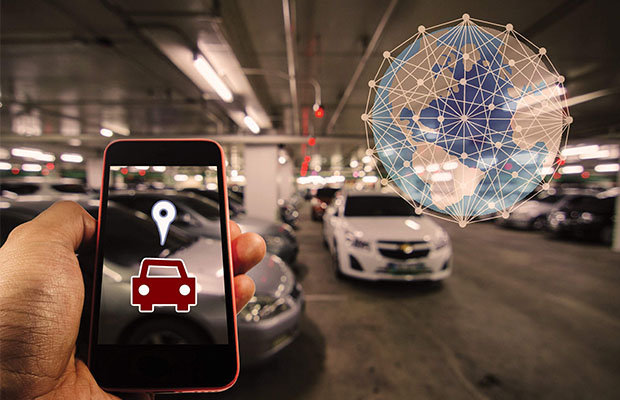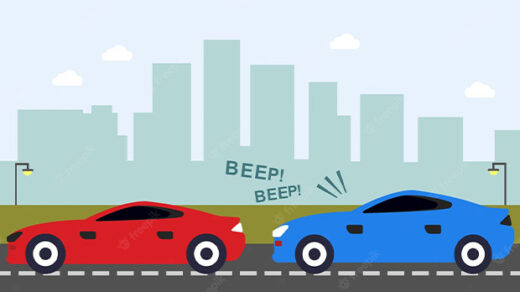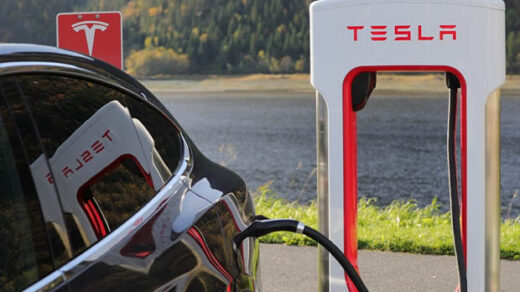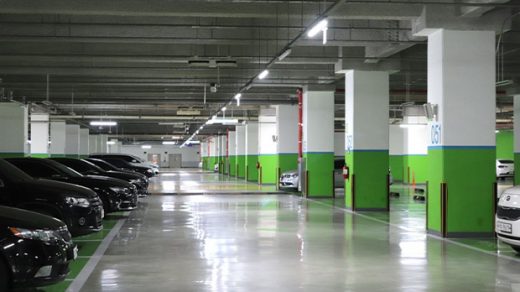Smart Parking Garage (SPG) is a garage that makes use of sensors, dynamic message signs, smartphone applications, and a computer server connected to form a smart system.
Soon, an app on a smartphone will use smart parking technology to direct vehicles to open spots.
Keep reading, let’s dive into the world of smart parking.
Table of Contents
What is Smart Parking?
A parking strategy known as “smart parking” combines technology and human ingenuity in an effort to park cars more quickly, easily, and densely while using the least amount of resources (such as fuel, time, and space).
The foundational ecological tenet that we are all connected underlies both smart parking and its sister strategy, intelligent transportation. The movement of people and goods depends on both parking and transportation. The overlapping technologies and vision of smart parking and intelligent transportation are steadily merging into a single integrated stream.
Types of Smart Parking Systems
For simplicity’s sake, we will divide smart parking systems into 3 main types:
- Ground sensor technology
- Counter technology
- Overhead sensor or camera-based technology
Smart Parking Ground Sensors
The technology behind ground sensors hasn’t changed significantly over the years despite being used for decades. Ground sensors at each parking space or bay are inserted into the concrete using radar technology. The sensor below will detect an object above it when a car enters the space, marking that one parking space as taken. Globally, there are many companies that produce ground sensors. A few well-known ones are Bosch, SmartParking, Libelium, and Nwave. Read More: What Are Parking Sensors?

Parking Counter Systems
Using a smart parking counting system is possible and is frequently done in enclosed parking garages or more organized parking lots. A raiseable gate that lets cars enter and exit while counting the number of vehicles and dispensing tickets for payment is typically used for this.
Overhead Parking Sensors Or Camera-based Systems
Large parking lots or on-street parking can be seen more clearly from above with the help of overhead parking sensors or cameras. One smart parking sensor, as opposed to one space at a time, can detect numerous cars simultaneously using a lamppost or building.
Benefits of a Smart Parking Garage
- Efficient Parking – The system can offer real-time management information on the quantity and location of parking spaces that are available. In order to find a space, drivers no longer circle or search for one, which lowers emissions.
- Security – The system has the ability to compare the license plate to lists of employees and permitted visitors.
- Exceptions List – The number on the license plate can be used to identify VIPs who might receive special treatment or parking privileges. It can also identify “blacklisted” cars that are denied access into the facility or trigger an alarm or notification.
- Marketing and Management Reports – The systems can generate management reports, such as the number of entries into the facility by hour and day, as well as a list of frequently used vehicles and drivers.
- Tie-in to Other Systems – The system may be connected to other structural or commercial systems. For instance, if a worker enters the parking garage after hours, the serving HVAC zone and office lights can be turned on. The systems are all turned off when you leave the parking garage.
Safety First in the Parking Garage of the Future
Without a driver at the wheel, the sedan is able to maneuver through this small space. The intelligent infrastructure of the parking garage is able to navigate every turn, spot potential hazards, and signal to the car when to move and when to stop. It does so using lidar sensors, which scan a large horizontal area with a laser beam.
The system is informed of a potential obstacle by an echo. The time between sending a pulse and receiving an echo is used to calculate distance. The 30- and 80-centimeter high posts have Lidar sensors installed at regular intervals.
With the help of a color-coded system, these posts identify the drive aisle. When there is an issue, their LEDs flash red. They’ve been detected by the vehicle if they turn blue when you approach them. The aisle is safe to use and the vehicle can move forward if they turn green. The system comes equipped with a number of safeguards and is both easy to use and fail-safe. The software driving the car is constantly monitored by monitoring software to catch any errors. An additional layer of security is added by having another piece of software check the results of this monitoring software.
The sensor data is sent between two separate servers. A driving command won’t be given until both have reached the same conclusion. 25 times per second, the lidar sensors scan the area around the vehicle. Driving commands are recalculated and verified several times per second.
If the system notices a problem or an obstruction, the vehicle stops instantly—quicker than any human could.
Also Read: When Did Automatic Transmissions Become Popular?
FAQs
How Smart Parking System Works?
Real-time monitoring of parking availability is made possible by the effective and economical smart parking system. Free parking spaces are found using technologies like sensors and cameras, which then use digital signage like LED displays to point drivers to the best location.
What Are the Disadvantages of Smart Parking System?
- Construction and installation costs are high. The price of a parking management system can be high.
- Necessitates routine maintenance. Although the parking systems are frequently automated, they still need to be maintained on a regular basis to make sure everything is running smoothly.
- System Breakdown.
What is the Objective of Smart Parking System?
The basic objective of a smart parking solution is to identify a vehicle’s presence or absence in a particular parking space with a high degree of accuracy, and to pass on this data into a system for visualization and analysis – to be available for parking asset managers and/or enforcement officers.
Final Words on Smart Parking Garage
Intelligent parking systems and solutions have been used for years in a variety of settings all over the world, so they are not a thing of the future.
Smart parking is also not a fad; even the most basic or traditional parking lots are evolving.
Read More:



